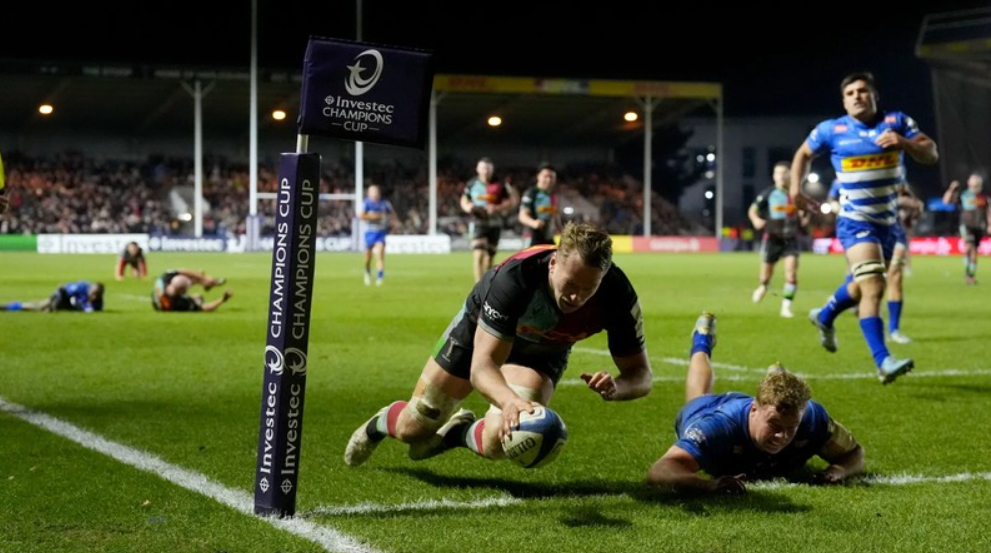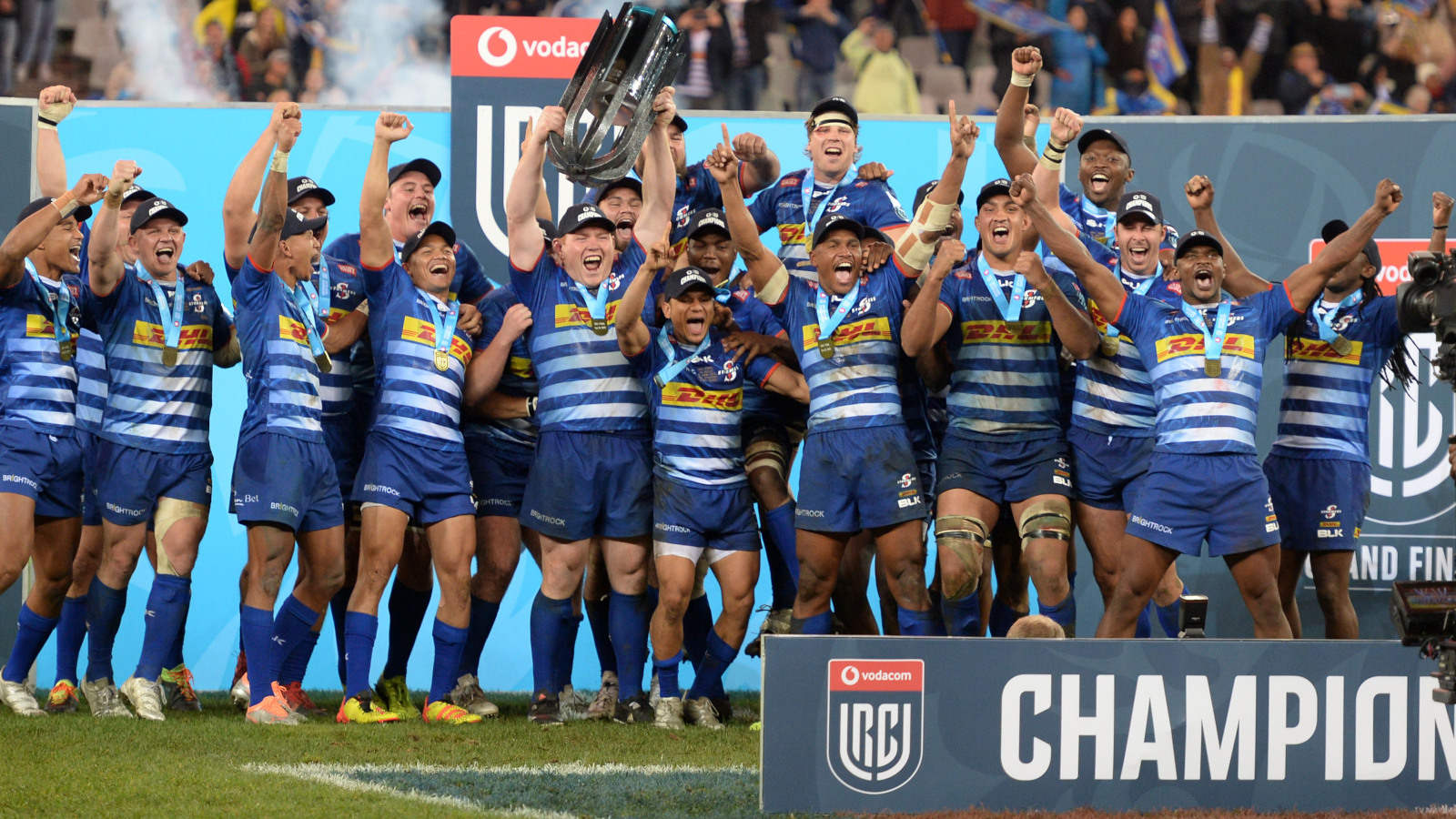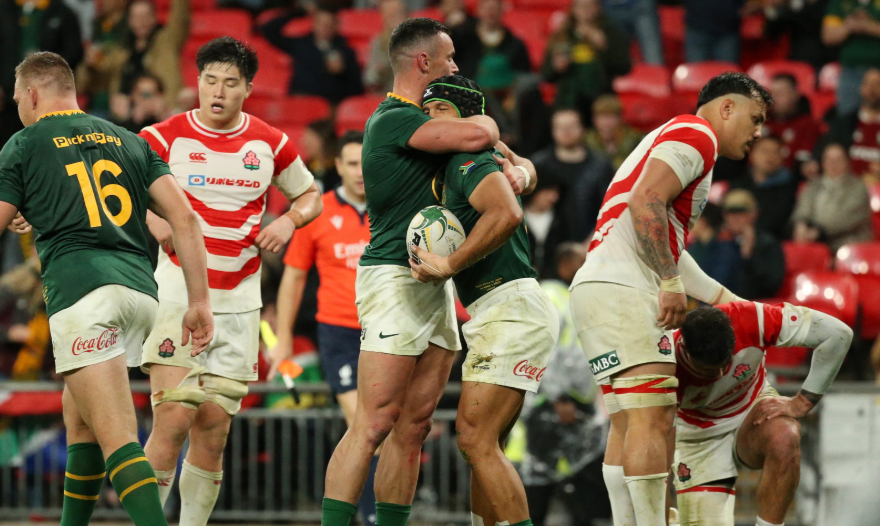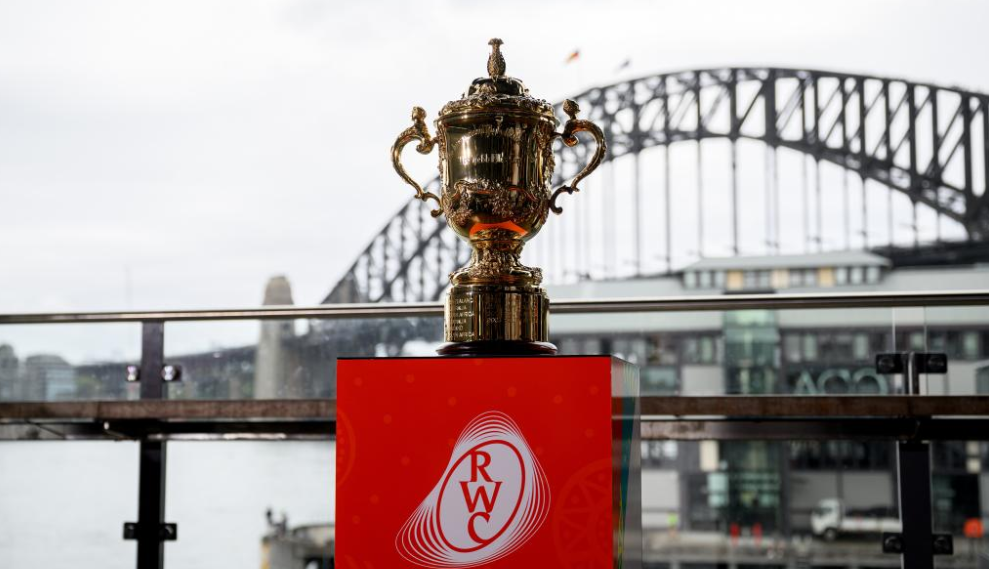The media in the Northern Hemisphere has been critical of South African teams participating in the Investec Champions Cup—and not without reason. Former England flyhalf Stuart Barnes described the absence of several Springbok stars from the Sharks’ squad against Leicester as indicative of a “lack of commitment.” His sentiment was echoed by former England hooker Brian Moore, whose column in The Telegraph bore the headline, “Change European rugby to help South African teams? No thanks.” as per The Daily Maverick.

Results over the weekend were grim for South African rugby. The Sharks suffered a crushing 56-17 defeat at the hands of a Handré Pollard-inspired Leicester, while the Stormers were dismantled 53-16 by Harlequins. The Bulls, fielding a team closer to full strength, fell 31-20 at home against Northampton Saints, dealing a serious blow to their hopes of progressing to the Champions Cup knockout stages.
Barnes, known for his balanced views on South African rugby, offered a blunt analysis. “The Sharks need their sextet of Springboks more for a United Rugby Championship (URC) Christmas derby than for the Champions Cup second round,” he wrote. “Securing big names for a clash against the Bulls takes precedence over a European fixture.” He likened the situation to Bourgoin-Jallieu, a French club once notorious for prioritising domestic competitions over European ones.
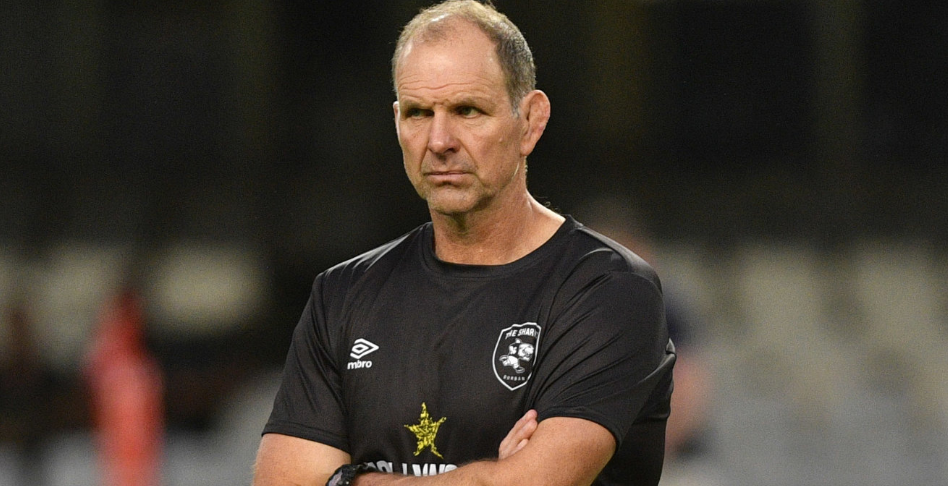
Barnes expressed concern over the impact of fielding understrength teams on the integrity of the competition. “The season is gruelling,” he said, “but essentially throwing a game undermines the tournament, especially given the uneven 16-from-24 qualification format for the knockout stages.”
The Human Factor
On the opposing side, Sharks coach John Plumtree defended his decision to rest key players. “The players aren’t robots,” he said, acknowledging the backlash but emphasising player welfare. Nonetheless, the optics were poor for South African rugby. Stormers coach John Dobson, grappling with a long injury list, admitted that South African teams must improve their performance in Europe’s premier club competition.
Both coaches called for better scheduling. The Stormers face a grueling January, hosting Sale Sharks in Cape Town before traveling to Paris to meet Racing 92, followed by a URC clash against Leinster. “Could the fixtures be grouped into a tour?” Dobson queried. “It would allow us to field our strongest teams for back-to-back matches. This December scheduling has caught us out two years in a row.”
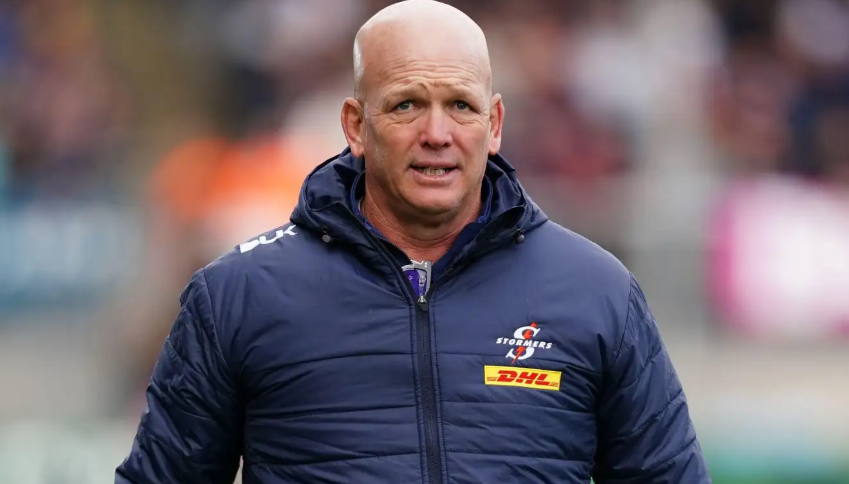
Plumtree echoed this sentiment, noting that his squad—missing key players such as Ox Nché, Eben Etzebeth, Siya Kolisi, and Makazole Mapimpi—was not at full strength for the Leicester match. “I’d love to bring our best team to compete on this stage,” he said. “But we have to manage these athletes responsibly. The current one-week travel arrangement doesn’t support high performance. Perhaps teams could stay for a fortnight and play multiple games?”
A Two-Way Street
European Professional Club Rugby (EPCR) officials, already lukewarm about South Africa’s inclusion in the competition, are unlikely to sympathise. After all, European teams also endure long-haul flights for one-off games in South Africa. These logistical hurdles were anticipated when South African rugby aligned with the Northern Hemisphere, but they have only been exacerbated in a post-Covid landscape with the added layer of EPCR competition.
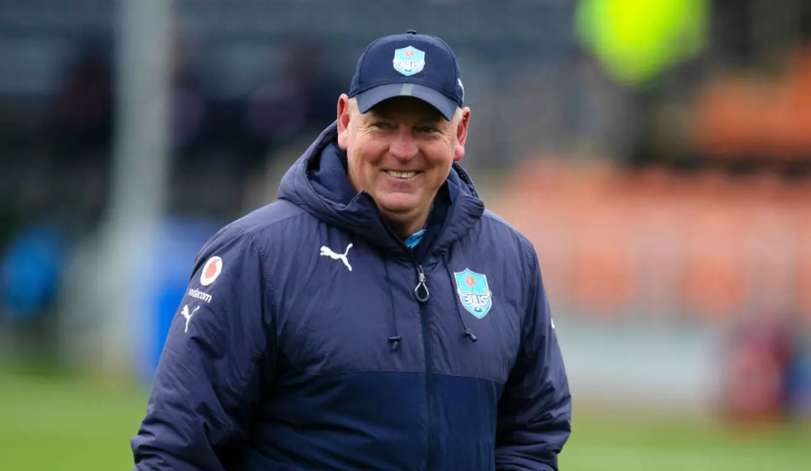
Searching for Solutions
A global rugby calendar remains the ideal solution, aligning all competitions into coherent blocks for both hemispheres. However, progress has been elusive. Despite World Rugby’s discussions, the sport is no closer to achieving this goal than it was five years ago. The introduction of the Nations Cup in 2026 has further congested the calendar, though it has shortened the Six Nations from seven weeks to six.
One key obstacle is the timing of the Rugby Championship, which runs from August to September. Aligning it with the Six Nations window (February to March) would provide South African players with an off-season in line with their European counterparts, from late July to early September.
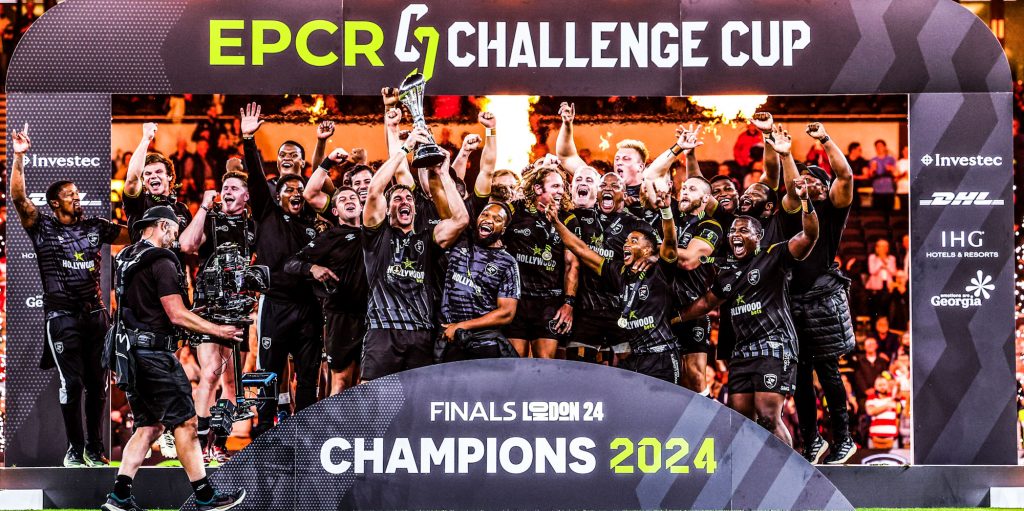
Staying the Course
Dobson emphasised the importance of remaining in the Champions Cup. “This tournament is critical for South African rugby,” he said. “Its high standards have undoubtedly contributed to our World Cup successes. Every breakdown, scrum, and lineout is a contest, and we’ve benefitted immensely from this level of competition.”
Dobson warned against the alternative: “If we’re excluded from the Champions Cup and the URC evolves into an Anglo-centric league, we could find ourselves relegated to the Currie Cup of the 1980s, playing Griqualand West and Free State in dusty Kimberley. That would be disastrous for South African rugby.”
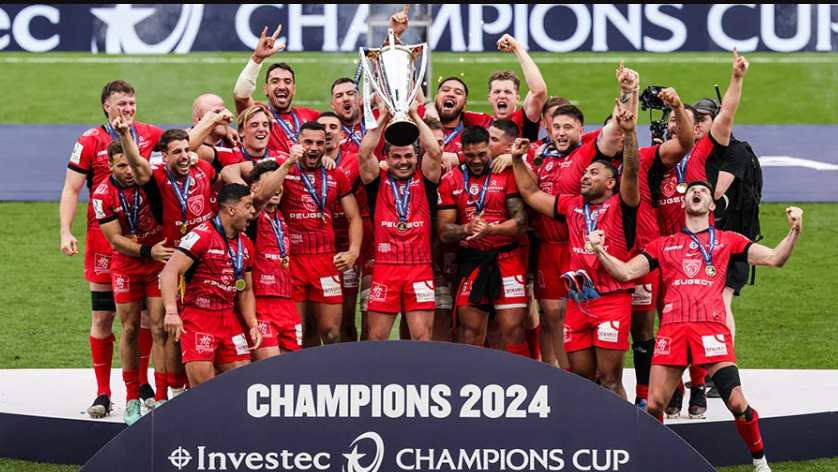
The challenges are significant, but the benefits of competing in Europe’s elite tournament outweigh the drawbacks. For South African rugby, the priority must be finding solutions to scheduling issues while maintaining their foothold in the Champions Cup. The stakes are too high to retreat now.

